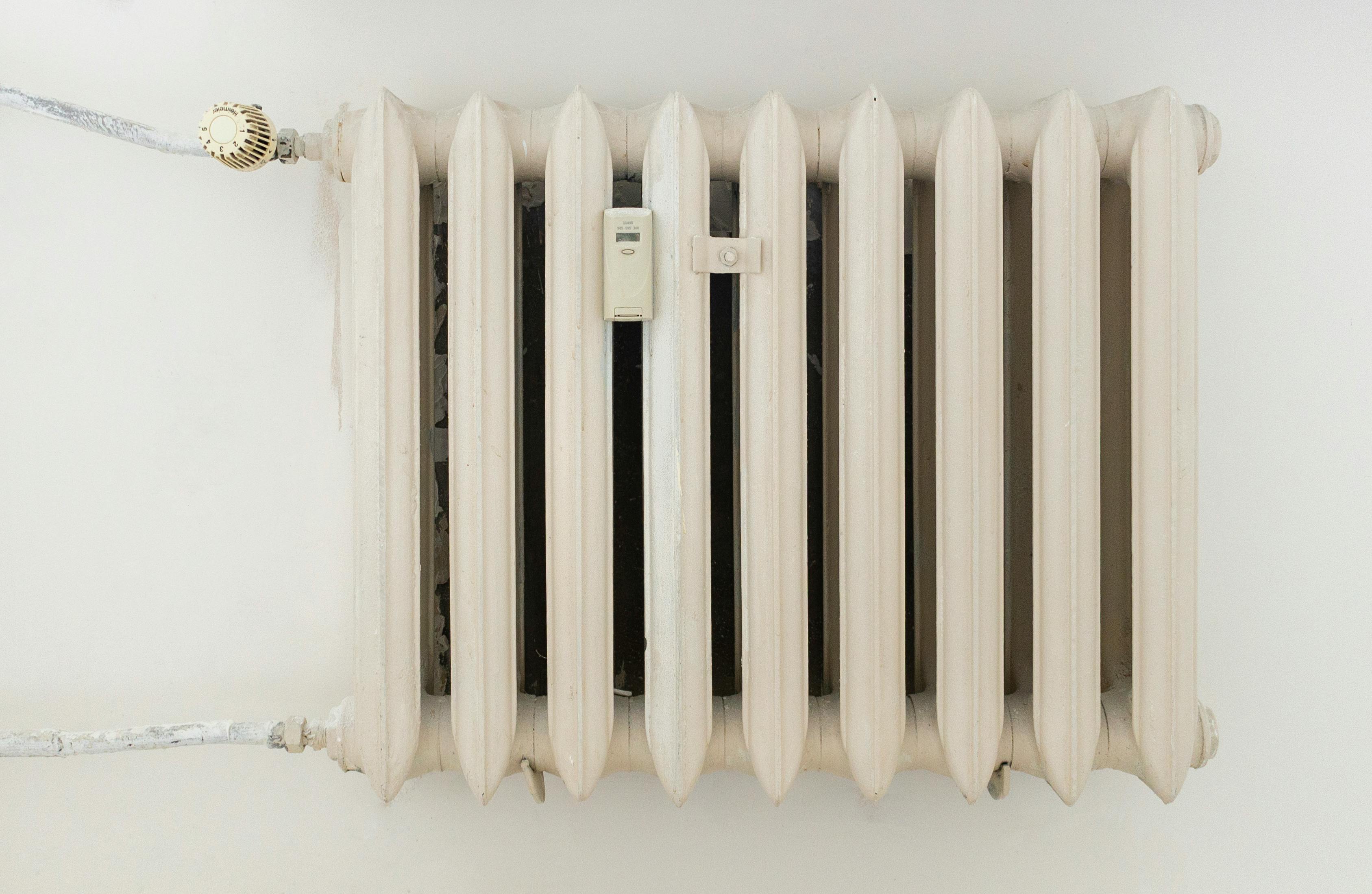Boiler Repair: Keep Your Home Heating Efficient
A well-maintained boiler is central to a comfortable, energy-wise home. When a boiler falters, heating drops, energy use can spike, and small problems may become costly. This article explains what boiler repair covers, how it affects heating and energy use, how to find trusted local services, and when repair or replacement makes more sense for your house.

What does boiler repair involve?
Boiler repair covers a range of faults, from simple fixes like thermostat recalibration to more complex component replacements such as pumps, valves, heat exchangers, or the ignition system. Technicians start with a diagnostic: checking pressure, temperature, safety cut-outs, visible leaks, and the system’s controls. The aim is to isolate the fault and restore safe, efficient operation.
Common repair tasks include addressing leaks, replacing faulty pressure relief valves, repairing circulating pumps, cleaning or replacing sensors, and fixing ignition or pilot issues. Safety checks—especially for gas boilers—are essential. A qualified technician will also review the system settings to ensure optimum performance after any repair.
How often should heating systems be serviced?
Regular servicing helps prevent unexpected breakdowns and maintains energy efficiency. For many households, an annual service is standard practice; seasonal checks before cold months are particularly useful. During a service, technicians clean components, check seals and connections, and test controls and safety devices.
Between annual services, observe your heating and boiler performance: odd noises, unexplained pressure loss, frequent cycling, reduced heat, or rising energy bills can signal that a service or repair is needed sooner. Prompt attention to these signs typically reduces the scope and cost of future repairs and helps maintain consistent heating throughout the home.
How can repairs improve energy efficiency?
A well-repaired boiler runs more efficiently, consuming less fuel or electricity for the same heat output. Replacing worn components such as thermostats, air vents, or pumps can reduce wasted energy. Cleaning heat exchangers and removing scale also improves heat transfer, meaning the boiler does not need to work as hard to warm water for radiators or taps.
Small adjustments, like calibrating the thermostat, optimizing system pressure, or balancing radiators, can yield noticeable energy savings. Coupling repairs with insulation improvements, programmable thermostats, or smart controls further reduces energy use while maintaining comfort in your house.
How to find reliable home boiler services?
Look for technicians who are licensed or certified for the type of fuel your boiler uses and who carry liability insurance. Local services with good reviews and a clear service guarantee are preferable. Ask for references or evidence of past work, and request a written estimate before authorizing repairs. For gas appliances, follow your country’s regulatory guidance regarding qualified personnel for gas work.
A reputable service provider will explain recommended repairs, provide options for parts and labour, and discuss whether repairs carry warranties. When contacting local services in your area, compare response times, after-hours availability, and whether emergency visits are available for sudden failures.
When is replacement better than repair in a house?
Replacement may be the more cost-effective choice if a boiler is old, has recurring faults, or if repairs are frequent and costly. Many manufacturers indicate a useful lifespan for boilers; when a unit approaches the end of that range, parts may become less available and efficiency typically declines. If a heat exchanger fails or multiple core components are failing, replacement often offers better long-term performance.
Consider replacement when energy efficiency gains from a modern boiler offset the cost of a new unit, or if your house has been upgraded (for example, improved insulation or a different heating layout) and the old boiler no longer matches demand. A qualified technician can provide an assessment comparing likely repair costs versus replacement benefits tailored to your household’s heating patterns and energy goals.
Conclusion
Understanding what boiler repair involves and how it ties into heating performance and energy use helps you make informed decisions for your home. Regular servicing, timely repairs, and choosing reputable local services reduce the risk of sudden failures and can improve efficiency. When weighing repair against replacement, consider the boiler’s age, frequency of faults, and potential energy savings to determine the most practical path for your house.






